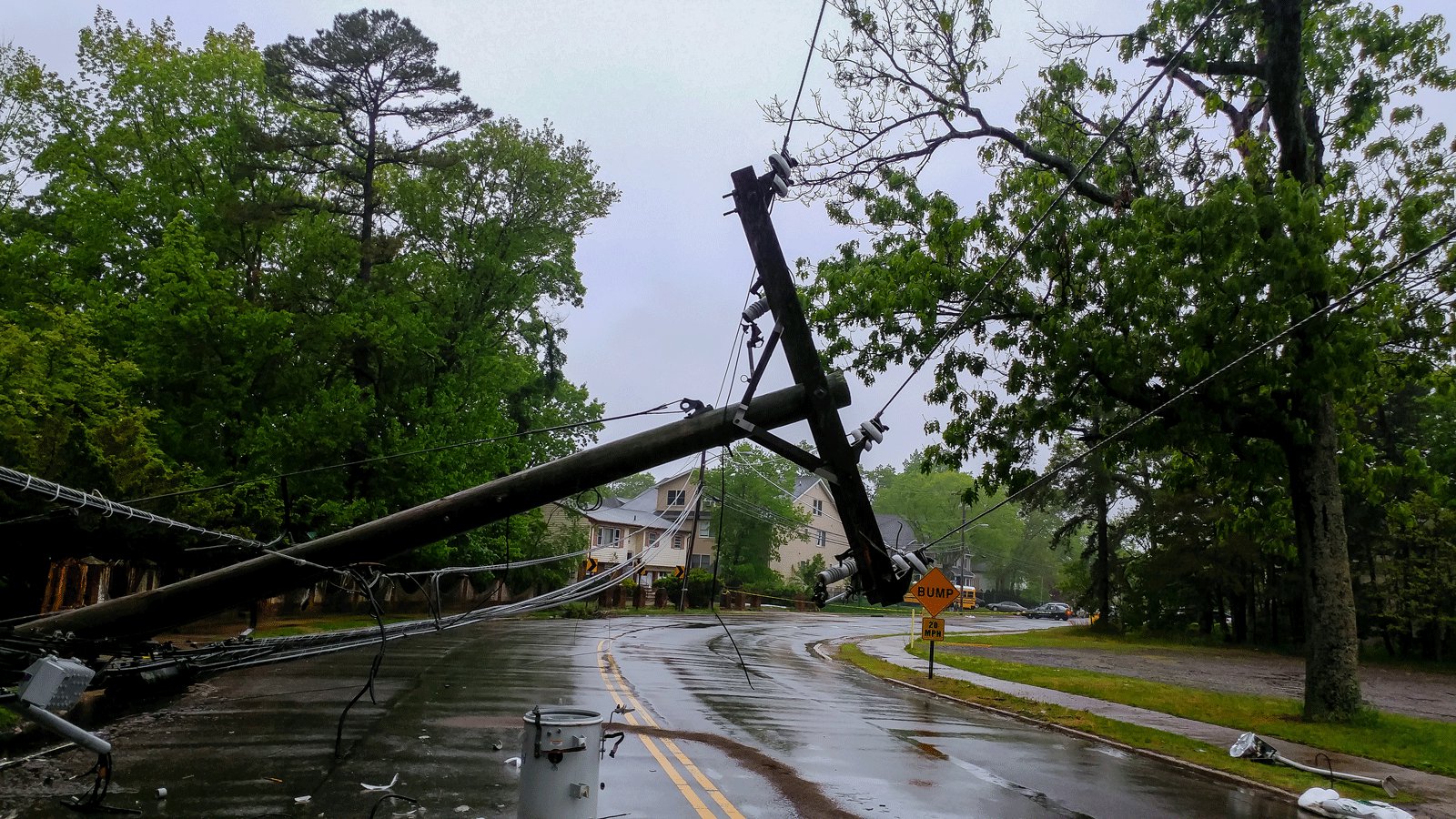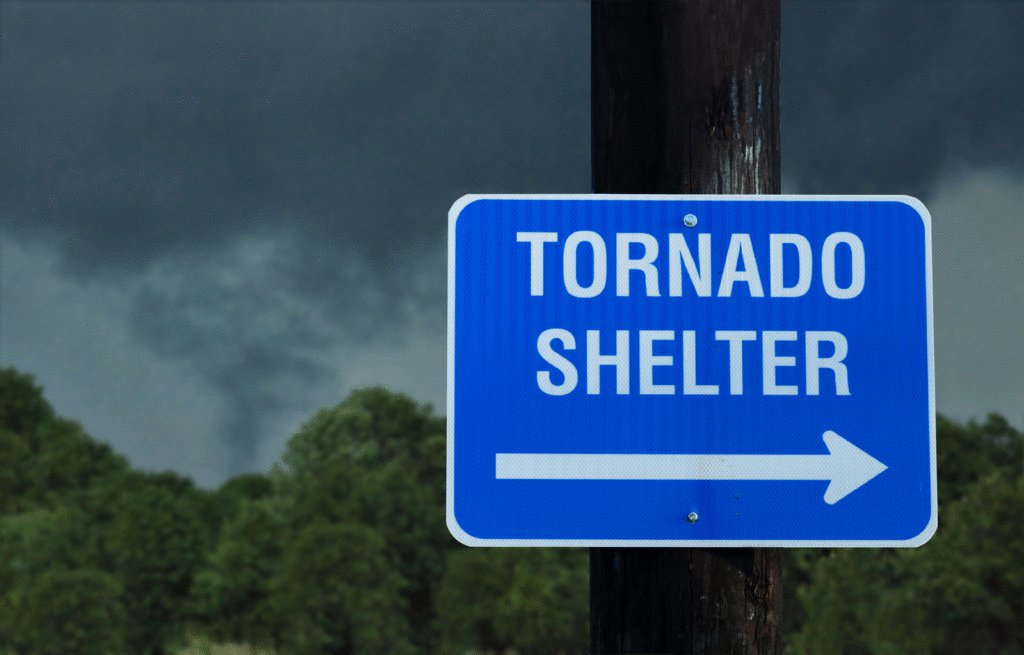FOR IMMEDIATE RELEASE
New NHERI CONVERGE Training Module: Public Health Implications of Hazards and Disaster Research

(Source: Shutterstock.com)
The latest CONVERGE Training Module offers original content and case studies that highlight the public health implications of research on hazards and disasters.
Boulder, Colo., April 18, 2022 The Natural Hazards Engineering Research Infrastructure (NHERI) CONVERGE facility announces the release of its tenth online training module: Public Health Implications of Hazards and Disaster Research. Developed with supplemental support from the Centers for Disease Control and Prevention (CDC), this module discusses the relationship between public health and hazards and disaster research and how this type of research can help improve the health of disaster-affected communities. This course is part of a series of online training modules designed to support students and emerging researchers to conduct ethical and methodologically sound studies.
Please join us on April 29, 2022 from 1:30-2:00 p.m. MDT for a demonstration webinar of the Public Health Implications of Hazards and Disaster Training Module.
The National Science Foundation-funded CONVERGE facility is headquartered at the Natural Hazards Center at the University of Colorado Boulder and is led by Lori Peek, sociology professor and director of the Center. Researchers from many different disciplines in the social sciences, engineering, and the natural sciences may need support to explain the real-world implications of their studies, especially as they relate to public health, said Peek. This module identifies ways that hazards and disaster research can help to inform and advance public health practice and policy.
Public Health Impacts of Disasters
The Public Health Implications of Hazards and Disaster Research Training Module defines public health and provides an overview of the health impacts that disasters have on communities. Drawing on empirical research, the module showcases how disasters impact population-level health and the role that the public health workforce has in mitigating, preparing for, responding to, and recovering from disasters.
Multidisciplinary and interdisciplinary research examining the influence of disasters on the social, natural, and built environments has a number of important implications for public health systems, practice, and policy, said Alexa Hansen, a research consultant at the CONVERGE facility who served as one of the lead developers of the module. To help researchers identify the implications their work can have, the second lesson of this module presents a number of hazards and disaster case studies from multiple disciplinary perspectives and highlights how they overlap with key capabilities and functions identified in the CDCs Public Health Emergency Preparedness and Response system, Hansen said.

The Public Health Implications of Hazards and Disaster Research Training Module provides a number of case studies to illustrate how hazards and disaster research, such as that focused on risk communication in the context of tornado warnings, has important implications for public health. (Source:Shutterstock.com)
Sliders, tables, and call-out boxes are included throughout the interactive module to present key concepts and case studies. The module also provides a list of questions to serve as a guiding point for reflection on the public health outcomes and consequences of ones work. Researchers are typically unaccustomed to drawing conclusions from their work outside their area of expertise, said Rachel Adams, research associate at CONVERGE and another lead developer of the module. The module provides actionable strategies for overcoming these struggles by encouraging researchers to consider how their findings can influence public health practice and policy in order to promote population health and wellbeing, Adams said.
The final lesson in the module includes two interactive activities that invite researchers to think about the public health implications of two disaster case studies. The module also includes links to additional resources and and trainings, such as the CDCs 10 Essential Public Health Services framework and the Crisis and Emergency Risk Communication Training.
The new module, like the others in the series, concludes with a 10-question quiz. Upon successful completion of the quiz, users receive a certificate, which is worth one contact hour of general management training through the International Association of Emergency Managers (IAEM) certification program.
The CONVERGE website includes lists of available resources and previously released modules on topics such as social vulnerability and disasters, disaster mental health, cultural competence, Institutional Review Board procedures, emotionally challenging research, gender-based violence in fieldwork, broader ethical considerations, perishable data, and reciprocity in disaster research. The modules as well as supplementary materials including the CONVERGE Assignment Bank and Annotated Bibliographies are available for free online.
The next training modules to be released in the series include:
- Positionality in Hazards and Disaster Research
- Social Science Methods and Approaches for Hazards and Disaster Research
To receive updates and information on new CONVERGE training modules and other resources, please subscribe here.
Media Contacts
Lori Peek, PhD
Professor, Department of Sociology
Director, Natural Hazards Center
Principal Investigator, NHERI CONVERGE, SSEER, and ISEEER
University of Colorado Boulder
lori.peek@colorado.edu
About the Natural Hazards Engineering Research Infrastructure
Funded by the National Science Foundation, the Natural Hazards Engineering Research Infrastructure NHERI is a network of shared-use research facilities dedicated to reducing damage and loss-of-life due to natural hazards such as earthquakes, landslides, windstorms, tsunamis and storm surge. Along with experimental laboratories, NHERI resources include the DesignSafe cyberinfrastructure, simulation software tools, social science integration, post-event reconnaissance teams, and the RAPID equipment and training facility. NHERI provides the natural hazards engineering and social science communities with the state-of-the-art resources needed to meet the research challenges of the 21st century. NHERI is supported by multiple grants from the National Science Foundation, including the NHERI Network Coordination Office, Award #2129782.





